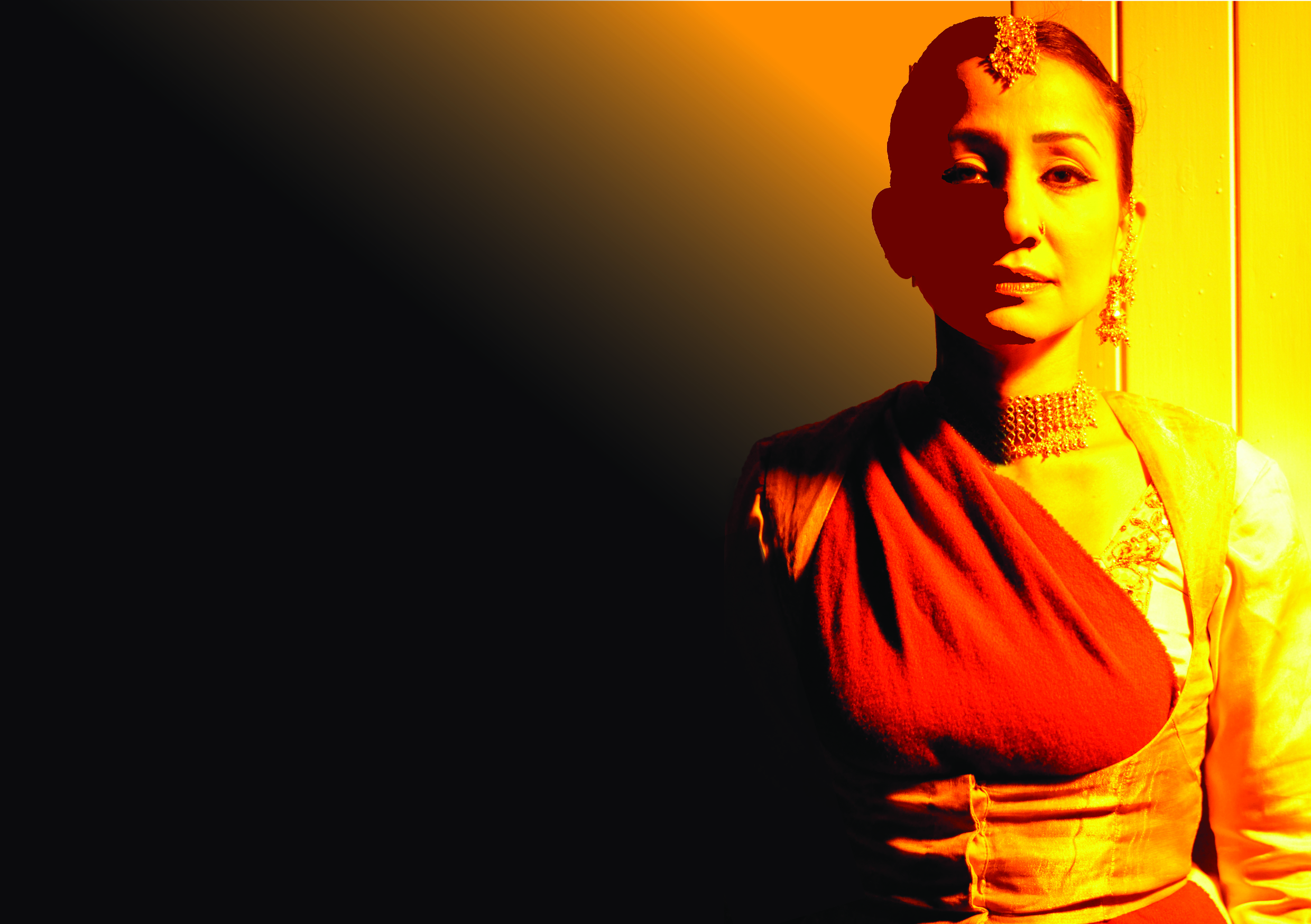India’s tradition of dance-theatre is wrapped up in a contested historical narrative. A masterful mix of storytelling and footwork — or recitation and gesture — Kathak weaves tales from Hindu mythology into performance art. That tradition is also intertwined with an educational approach that instils a similar history lesson around the globe: a rigorous and devotional dissemination of religious stories rooted in Vaishnavism (a Hindu subsect devoted to Shiva) was repurposed for entertainment as the Mughals seized control of the Northern parts of the subcontinent.
This narrative maintains that the need for entertainment in the Mughal courts destroyed Kathak’s more ‘classical’ and religious elements, a project aided by the accelerating assimilation of Persian and other non-Hindu ‘intruders’ from the Northwest. All was supposedly saved by Wajid Ali Shah, Nawab of Awadh (reigning from 1847-1856) who restored the cornerstone of this mythologized Kathak in his Lucknow court.
It is unclear whether that story is supported by concrete historical evidence despite its currency in dance schools around the world; much like Vedic traditions themselves, it relies on oral testimony rather than archival sources. In any case, one of the traditions said to be rejuvenated in Lucknow is abhinaya, Kathak’s set of expressive gestures meant to relay the plot of a particular mythological story.
Amina Khayyam’s Dance Company is to present an experimental interpretation focussing on this element of Kathak and its interaction with more familiar contemporary forms. The production will “[subvert] imagery of Bollywood beauty and Hollywood glamour to explore the objectification of women in indiscriminate abuse and violence in particular acid attacks.” Khayyam’s use of Kathak to present female-centred stories have come to our city before — her production of Federico Garcia Lorca’s Yerma at the Brighton Dome was met with critical praise. More recently, she explored cultural and racial dimensions of sexual grooming at the Edinburgh Fringe in August.
In any case, her experimental synthesis of western dance with Kathak should make for a riveting show.
A Thousand Faces will be performed at The Old Market at 7:30pm on Wednesday 22 November.
Tickets: £12 standard / £10 concessions (including full time students)

